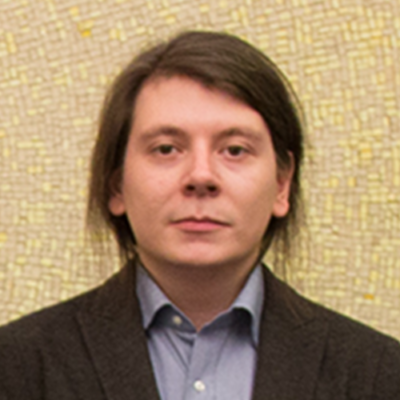Dr. Willi Schimmel
At the 10th International Summer School on AI and Big Data, Dr. Willi Schimmel will talk about Seeing Through Clouds: Advancing Liquid Droplet Detection Beyond Lidar Attenuation with Machine Learning.
Talk: Seeing Through Clouds: Advancing Liquid Droplet Detection Beyond Lidar Attenuation with Machine Learning
We present VOODOO, a deep convolutional neural network (CNN)-based algorithm for detecting supercooled liquid in mixed-phase clouds (MPCs) using data from ground-based remote-sensing instruments. The algorithm utilizes observations from two long-term field campaigns: one in Leipzig, Germany (northern hemisphere), and another in Punta Arenas, Chile (southern hemisphere). Vertically pointing Doppler cloud radars and lidars offer high-resolution insights into cloud properties, but lidar signal attenuation limits liquid cloud droplet identification. However, cloud radars can penetrate multiple liquid layers, expanding cloud phase identification beyond lidar limitations by analyzing cloud radar Doppler spectra.
The validation process employs various methods. Firstly, VOODOO showcases remarkable agreement with Cloudnet classifications, surpassing Cloudnet in identifying liquid in deep and multilayer MPCs. Secondly, comparisons of the liquid water path (LWP) measured by the microwave radiometer, with modeled adiabatic LWP show the superiority of VOODOO in detecting liquid in deep and multilayer MPCs compared to Cloudnet. Furthermore, space-borne lidar observations confirm VOODOO’s predictions of liquid cloud tops in MPCs, providing independent verification of its accuracy. Moreover, the study demonstrates a significant reduction in both shortwave downward radiation bias and cloud radiative effect bias between ground-based observations and radiative transfer simulations, underlining the effectiveness of VOODOO in mitigating radiation biases.
This comprehensive validation approach underscores the credibility and utility of advanced cloud thermodynamic phase retrievals in improving measurement accuracy and advancing our understanding of cloud dynamics, particularly in critical regions like the Southern Ocean.
Bio
Willi Schimmel is a scientist specializing in atmospheric dynamics and modeling. He completed his degree in Applied Mathematics at Leipzig University of Applied Sciences HTWK, where he conducted both his bachelor’s and master’s theses at TROPOS. His research focused on the numerical simulation of large chemical multiphase systems in the troposphere.
Willi earned his Ph.D. at Leipzig University’s Institute for Meteorology, where he concentrated on cloud droplet identification using machine learning methods. During this time, he participated in scientific exchange programs in Punta Arenas, Chile, while also maintaining remote-sensing instruments.
Currently, as a Post-Doc at TROPOS, Willi’s research revolves around “Polarimetric Radar Signatures of Ice Formation Pathways from Controlled Aerosol Perturbations.” This interdisciplinary project combines cloud seeding, remote-sensing observations, and numerical modeling. His work will contribute to advancing our understanding of atmospheric processes, i.e. ice crystal formation and their impacts.
Key Scientific Interests:
- Machine Learning
- Numerical Mathematics
- Remote-Sensing of the Atmosphere




